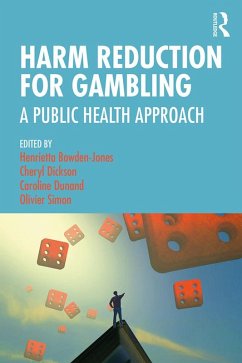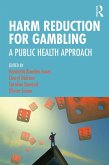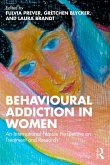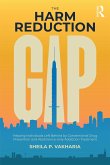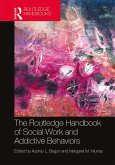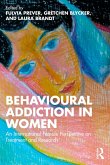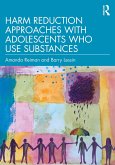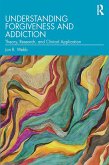Chapters begin by exploring the impact of problem gambling, looking at its effects on several levels, ranging from the individual to the family and society. Subsequently an overview of prevention and harm reduction models is presented, bringing the reader to an in-depth understanding of what a public health approach to gambling would entail. Later chapters focus on potential challenges to monitoring and evaluation, inviting the reader to envisage possible barriers towards implementation and ways of overcoming these. The book concludes with recommendations on how to take a harm reduction approach, from a political and human rights perspective.
This work gives a rare synopsis of the present-day issues when considering the implementation of a harm reduction strategy for gambling. Recent work by key professionals is presented in order to encourage further developments in this ever-changing domain. Such issues will be relevant to all those with an interest in the field of problem gambling, from clinicians, students and healthcare professionals, to politicians.
Dieser Download kann aus rechtlichen Gründen nur mit Rechnungsadresse in A, B, BG, CY, CZ, D, DK, EW, E, FIN, F, GR, HR, H, IRL, I, LT, L, LR, M, NL, PL, P, R, S, SLO, SK ausgeliefert werden.
- Professor Robert Williams, Faculty of Health Sciences & Coordinator, Alberta Gambling Research Institute
"For most primary care professionals, this book transports us to a new field of addictive disorder. Comprehensive and insightful, it gives an excellent example of the application of public health to the field of gambling. After reading this book, healthcare professionals and those concerned by addictions will have a clear understanding of a modern public health approach, which is based on the latest knowledge, and human rights."
- Professor Idris Guessous, Head of the Division of Primary Care Medicine, Geneva University Hospitals

